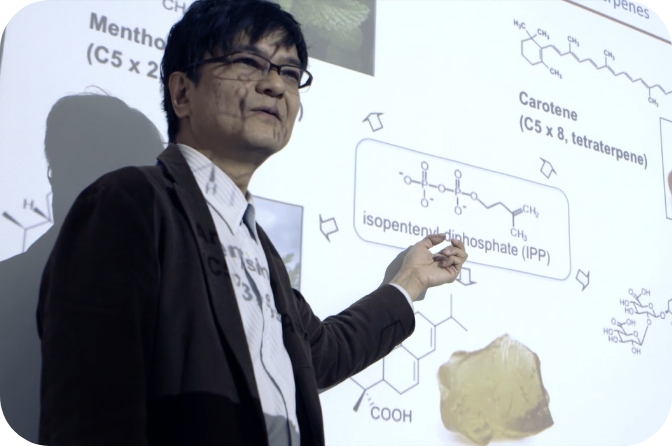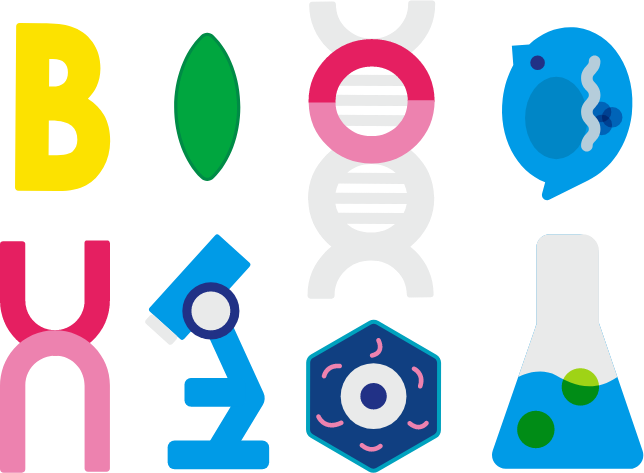
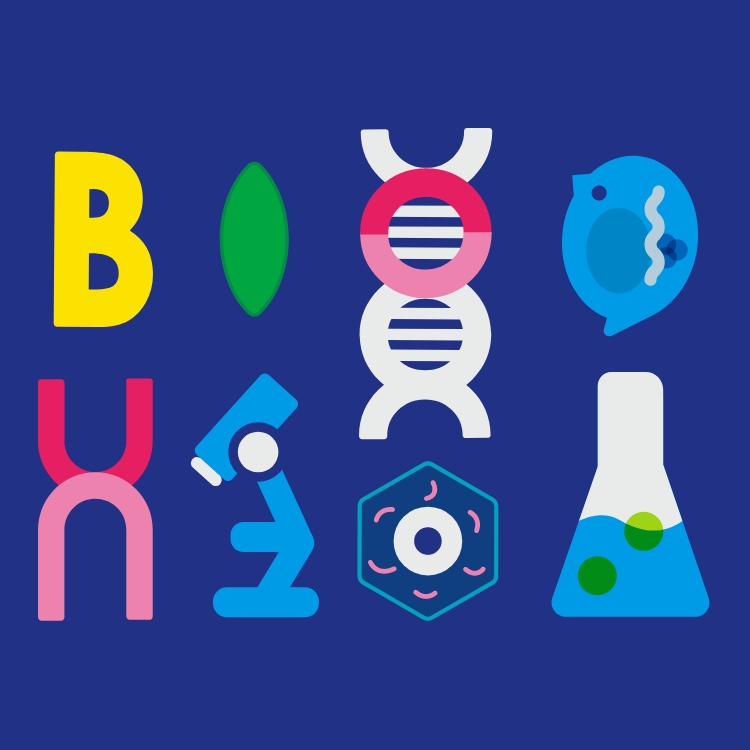
What’s New
| 2025/07/22 | Information |
Announcement on the application for MEXT scholarships program.
|
|---|---|---|
| 2024/10/28 | Information | Announcement on the application for MEXT scholarships program. |
| 2024/02/05 | Topics |
Professor Irfan Dwidya Prijambada (Gasha Mada University, Indonesia), an alumnus of the department, was awarded the “Osaka University Global Alumni Fellow”. Congratulations! 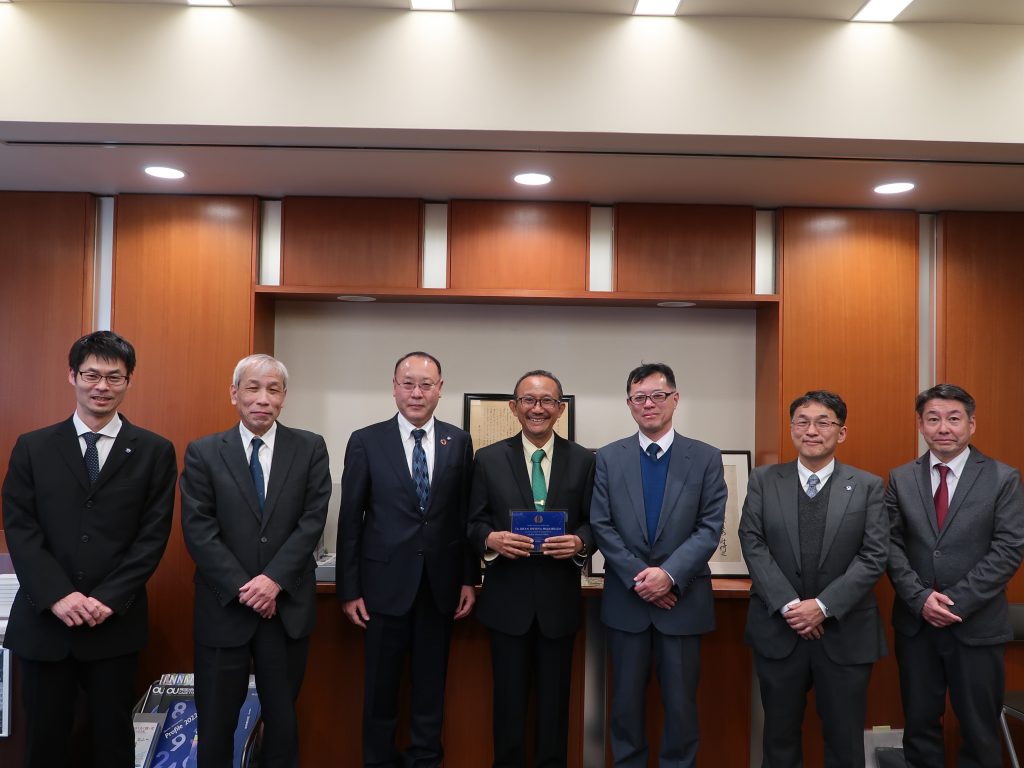 |
| 2023/09/29 | Topics | |
| 2022/10/11 | Information |
We are now recruiting new students (Master and Doctor courses/with or without MEXT scholarship). |
Introduction
Introduction
Three types of researchers are necessary for the successful applications of basic researches to industry and society.
- 1. Creators who generate one from zero.
- 2. Developers who grow one up to hundred.
- 3. Keepers who maintain hundred continuously.
We offer varieties of education and practices for students to become well trained international global leaders as Creators, Developer, and/or Keepers.
Research area includes, brewery, fermentation, microbiology, plants, regenerative medicine, food, and biopharmaceuticals. Intensive collaborations with industrial field have been carried out and developed.
You can study Biotechnology for Industry in well designed and organized environments, including state-of-the-art instruments.
Since 1896
Our department has history of more than 120 years since 1896, starting from brewery, through fermentation reaching to biotechnology.
We are proud of leading researches on Biotechnology well connected to manufacturing.
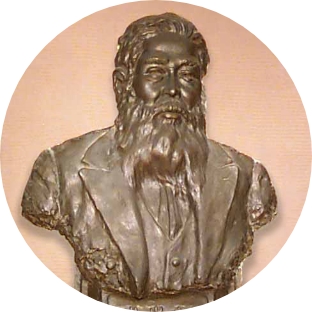
-
The first Dean
Dr.Tsuboi
- Play Movie
- Download Leaflet [pdf]
Laboratories
Laboratories
Laboratory ofBioresource Engineering (Fukusaki Laboratory)
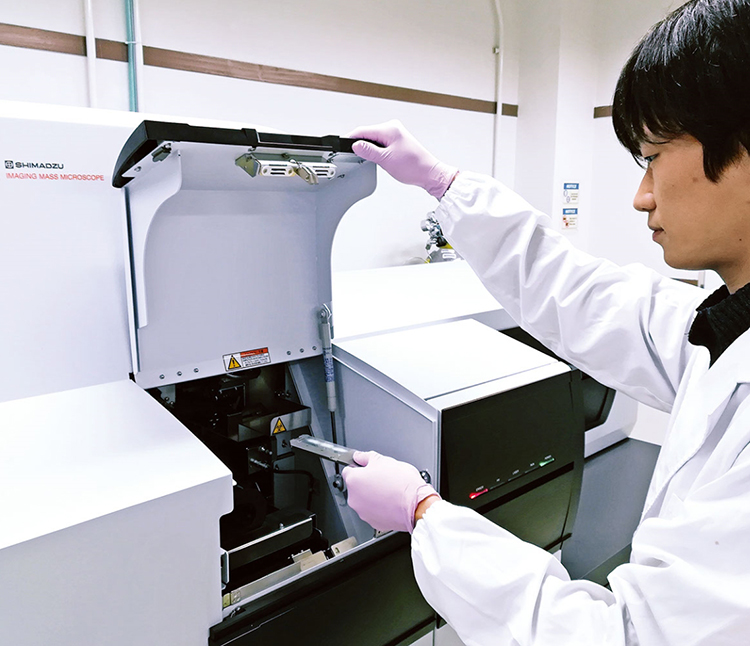
-
We research "measurement," "observation," and "utilization " of organisms using various analytical methods. Since the subjects of our research are diverse, including food, medicine, plants, and microorganisms, students can study various research fields after joining the laboratory.
Fukusaki Laboratory
Professor, Dr. Fukusaki Eiichiro Associate Prof., Dr. Shimma Shuichi Associate Prof., Dr. Putri Sastia
Laboratory ofBioenvironmental System Engineering (Watanabe Laboratory)
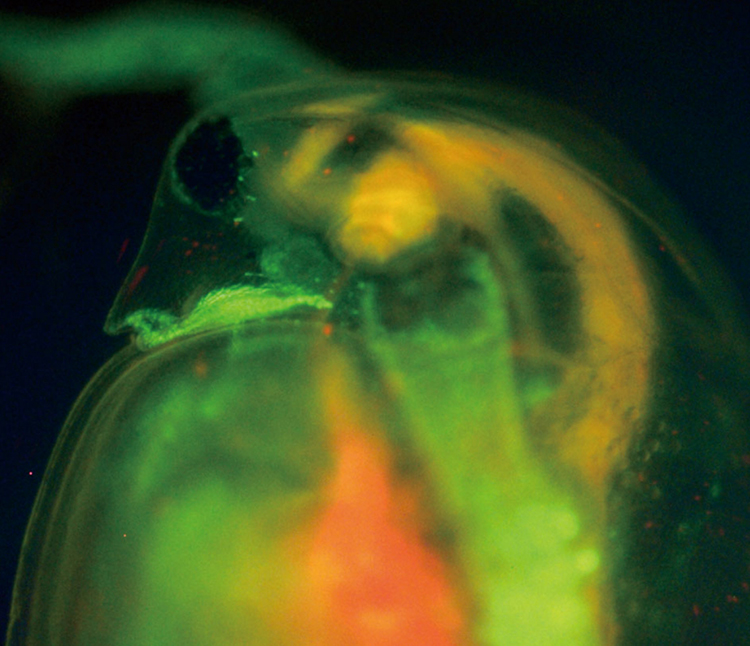
-
A small crustacean, Daphnia magna, is an ideal model organism to monitor environmental changes. Our major subjects are understanding of its sensing mechanism and development of new biosensors using genome editing and advanced molecular biology.
Watanabe Laboratory
Professor, Dr. Watanabe Hajime Associate Prof., Dr. Kato Yasuhiko Assistant Prof., Dr. Nikko Adhitama
Laboratory ofMacromolecular Biotechnology (Uchiyama Laboratory)
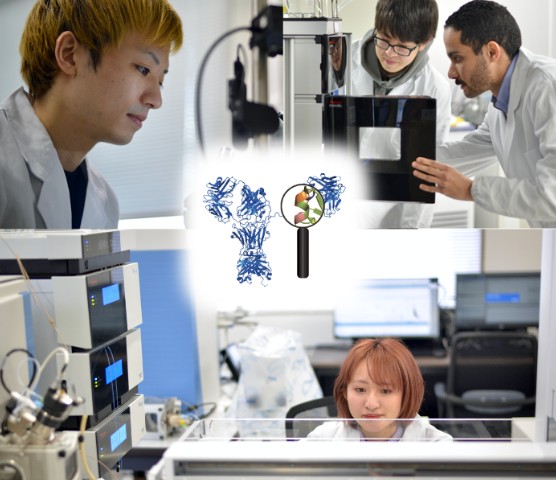
-
We are working on extensive biophysical and biochemical characterizations of proteins and protein complexes in foods and biopharmaceuticals, aiming at higher quality and safety. Researches on yeast biotechnology is also performed in our laboratory.
Uchiyama Laboratory
Professor, Dr. Uchiyama Susumu Associate Prof., Dr. Torisu Tetsuo Assistant Prof., Dr. Yamaguchi Yuki
Laboratory ofCell Technology (Muranaka Laboratory)
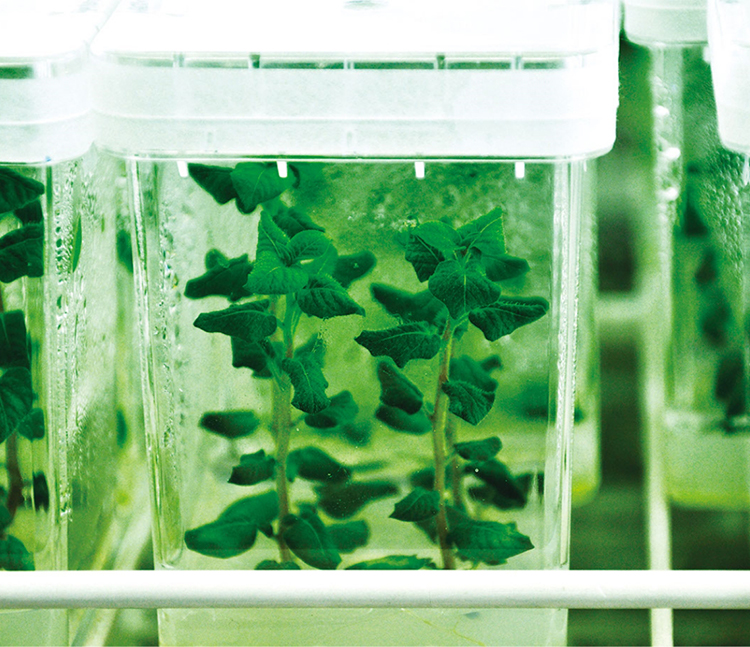
-
We are working on plant biotechnology to utilize cellular function and genetic resources of plants for social and industrial activities. Our discovery will contribute to promote health, increase in food production and environmental conservation.
Muranaka Laboratory
Professor, Dr. Muranaka Toshiya Associate Prof., Dr. Seki Hikaru Assistant Prof., Dr. Yasumoto Shuhei
Laboratory ofBioprocess Systems Engineering (Kino-oka Laboratory)
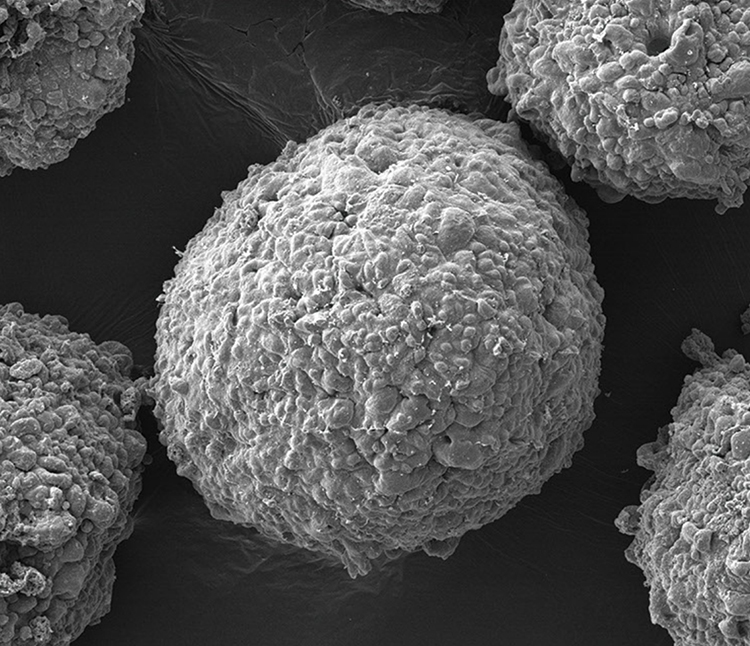
-
We investigate biological phenomena and reaction fields of stem cells and tissues, including iPS cells, and are building technologies that utilize the ability of cells. In particular, we aim to contribute to regenerative medicine by establishing cell manufacturing technologies.
Kino-oka Laboratory
Professor, Dr. Kino-oka Masahiro Associate Prof., Dr. Kim Mee-Hae Assistant Prof., Dr. Yamamoto Riku
Laboratory ofBiochemical Engineering (Omasa Laboratory)
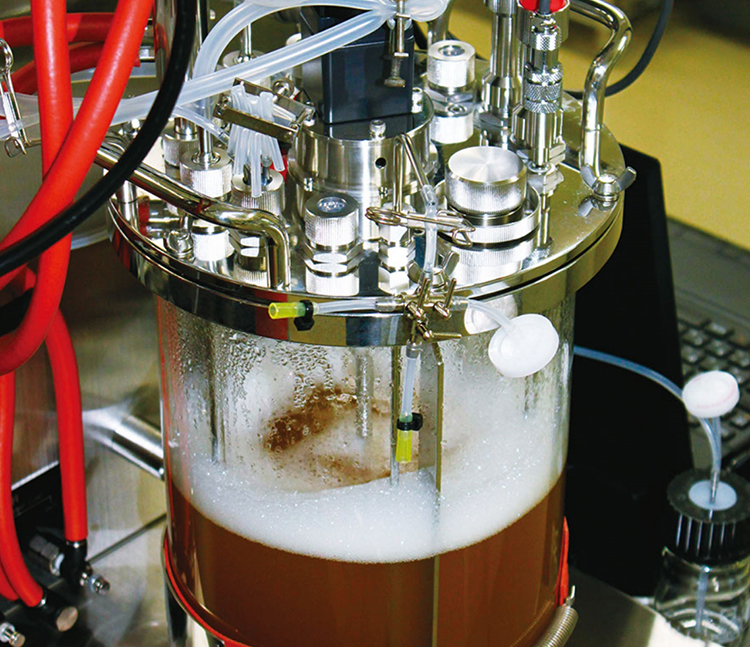
-
Biochemical engineers are required to possess an integrated knowledge of governing biological properties and principles of chemical engineering methodology and strategy. Current topics are mammalian and microbial cell and cell culture engineering.
Omasa Laboratory
Professor, Dr. Omasa Takeshi Associate Prof., Dr. Yamano Noriko
Laboratory ofFunctional Microbe Technology (Aoki laboratory)
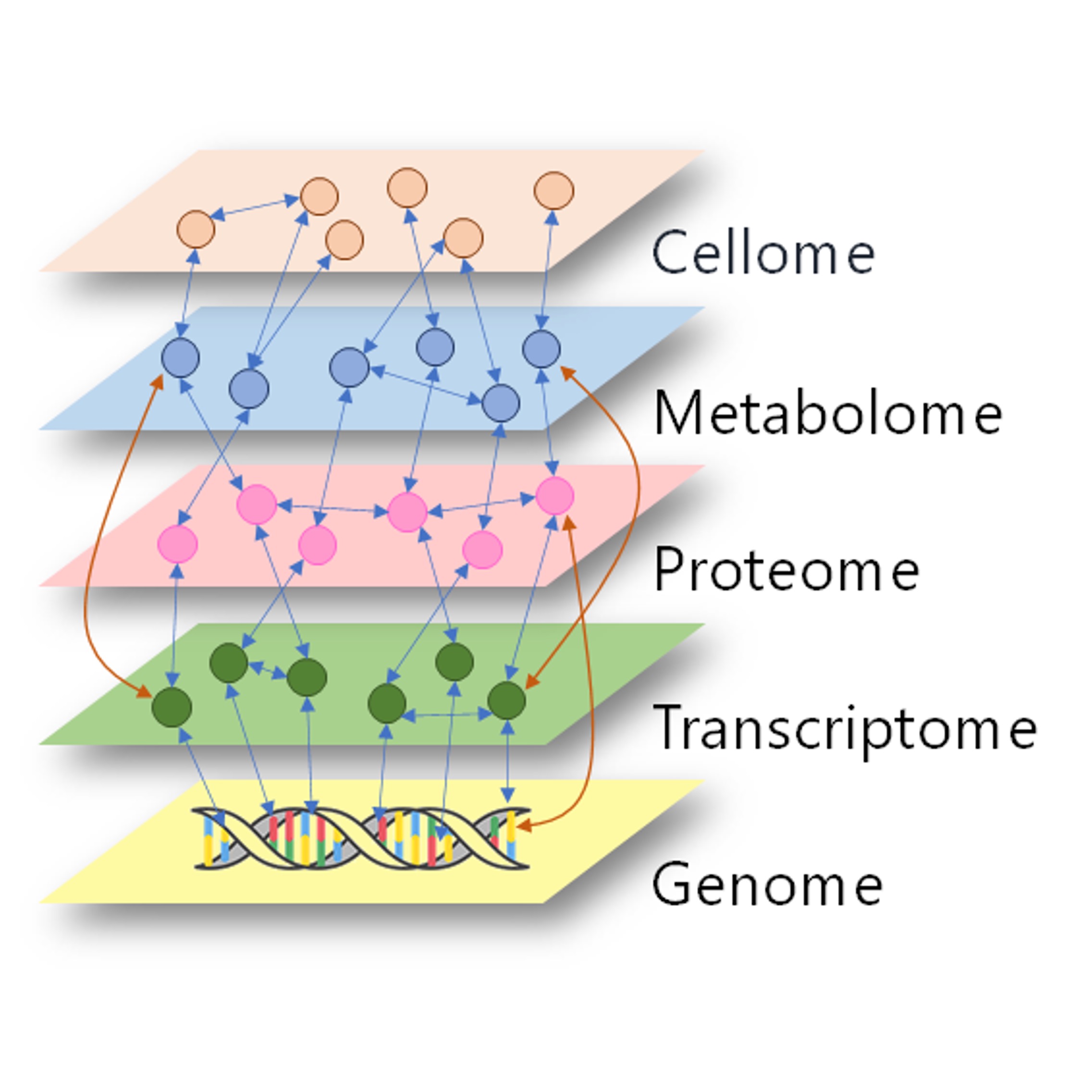
-
Our lab aims to create innovative biotechnologies by focusing on microorganisms with extremely diverse functions, based on data-driven science that integrates omics science and machine learning. To date, we have achieved the analysis of microbial communities that enable sustainable crop production, the analysis of microorganisms that contribute to coral reef conservation, the development of next-generation micro-antibody screening technology, and the creation of artificial ribosomes. By applying these technologies to society, we hope to create a sustainable future.
Aoki laboratory
Professor, Dr. Aoki Wataru
Laboratory ofApplied Microbiology (Fujiyama Laboratory)
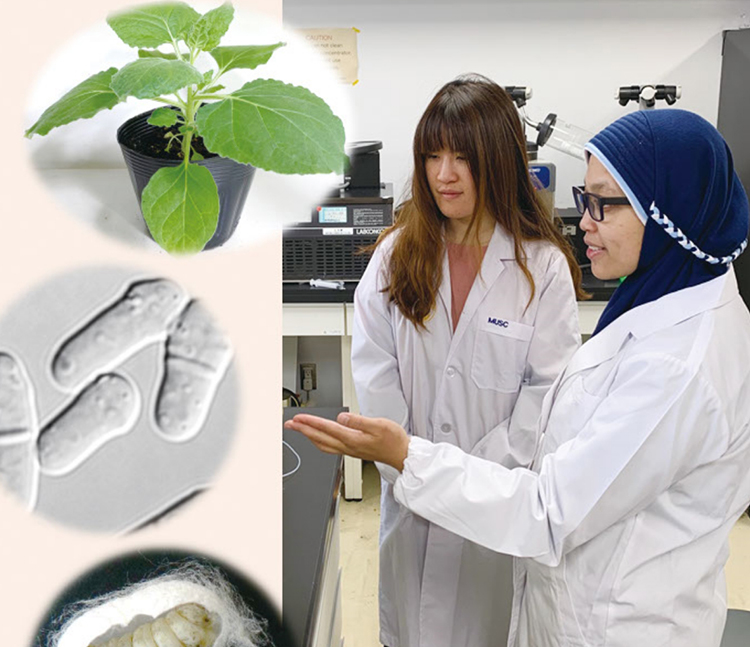
-
We challenge to produce human-friendly biopharmaceutical proteins such as antibodies, enzymes, vaccines, etc. using animal cells, plants, silk worms, and microbes as micro-factories with glyco-engineering
Fujiyama Laboratory
Professor, Dr. Fujiyama Kazuhito Associate Prof., Dr. Misaki Ryo Assistant Prof., Dr. Kajiura Hiroyuki
Laboratory ofMolecular Microbiology (Honda Laboratory)
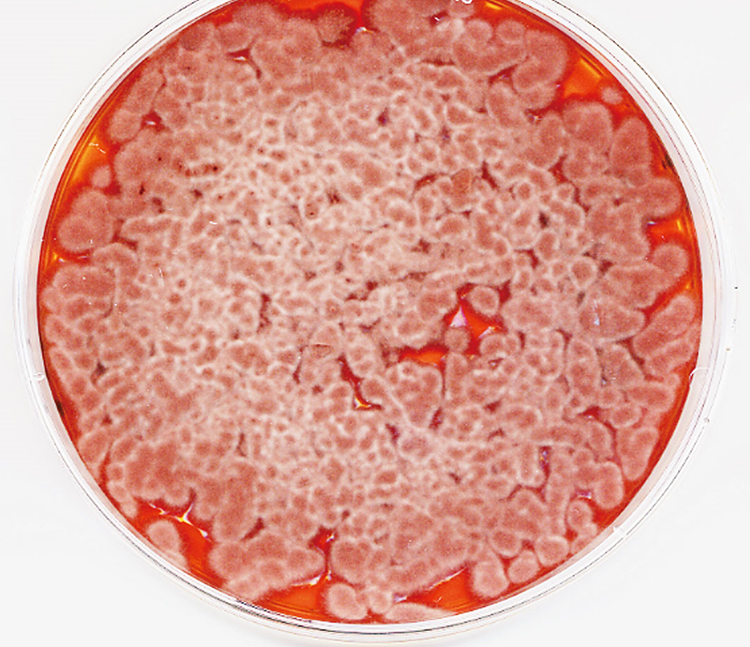
-
We are working on the identification and characterization of biomolecules underlying the unique physiology of microorganisms, and their application to the development of industrially useful technologies.
Honda Laboratory
Professor, Dr. Honda Kohsuke Associate Prof., Dr. Hiroya Tomita
Laboratory ofMetabolic Engineering (Shimizu Laboratory)
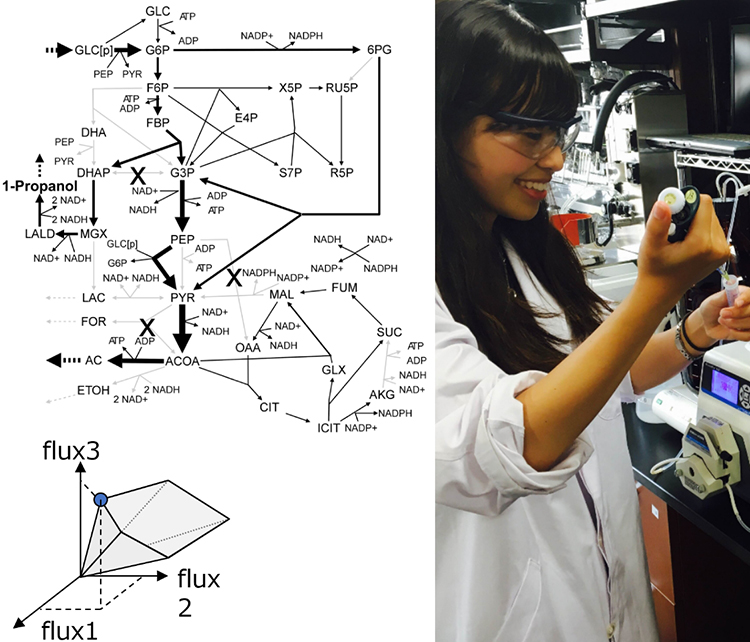
-
To obtain ideal production of a target compound, we are working on establishment of metabolic engineering methodologies. In silico design of metabolic pathways and experimental evaluation of cellular states are studied. Development of on-line detection and optogenetic control tools of the intracellular metabolic states are also performed.
Note: This laboratory is not included in English Course
Shimizu Laboratory
Professor, Dr. Shimizu Hiroshi Associate Prof., Dr. Toya Yoshihiro Assistant Prof., Dr. Niide Teppei
Laboratory ofAnalytical Biotechnology (Matsuda Laboratory)
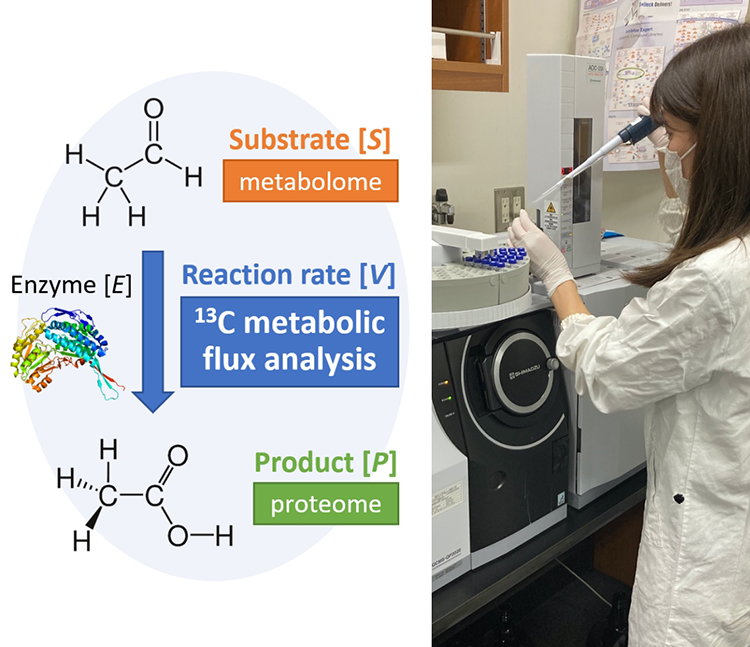
-
To elucidate the principle of biological system which consists of complex interactive network of biological molecules such as gene, protein, and metabolites, we are trying to achieve the quantitative elucidation of the property of biological system by analyzing various kinds of molecules using advanced analytical technologies.
Note: This laboratory is not included in English Course
Matsuda Laboratory
Professor, Dr. Matsuda Fumio Associate Prof., Dr. Okahashi Nobuyuki Assistant Prof., Dr. Seike Taisuke
Laboratory ofProtein Crystallography (Kurisu Laboratory)
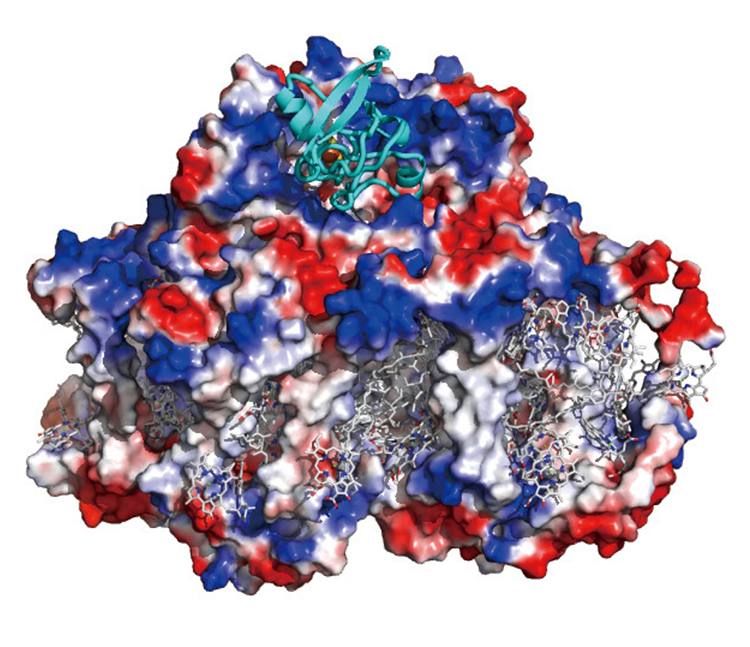
-
In order to understand the molecular mechanism of Photosynthesis and Microtubule-based molecular motor at the atomic level, we determine the 3D structures of membrane proteins, redox proteins and Dynein motors including their structure-guided variants.
Kurisu Laboratory
Professor, Dr. Kurisu Genji Associate Prof., Dr. Tanaka Hideaki Assistant Prof., Dr. Kawamoto Akihiro
Double Degree Program
You can receive two distinct master degrees from both Osaka University and a foreign university at the same time.
- Partner Universities for Double Degree Program (as of Oct 2021) -
- ● Faculty of Science and Faculty of Graduate Studies, Mahidol University, Thailand
- ● Faculty of Engineering, King Mongkut’s University of Technology, Thonburi (KMUTT), Thailand
- ● School of Life Sciences and Technology, Institute of Technology Bandung (ITB), Indonesia
- ● Faculty of Science, Chulalongkorn University, Thailand
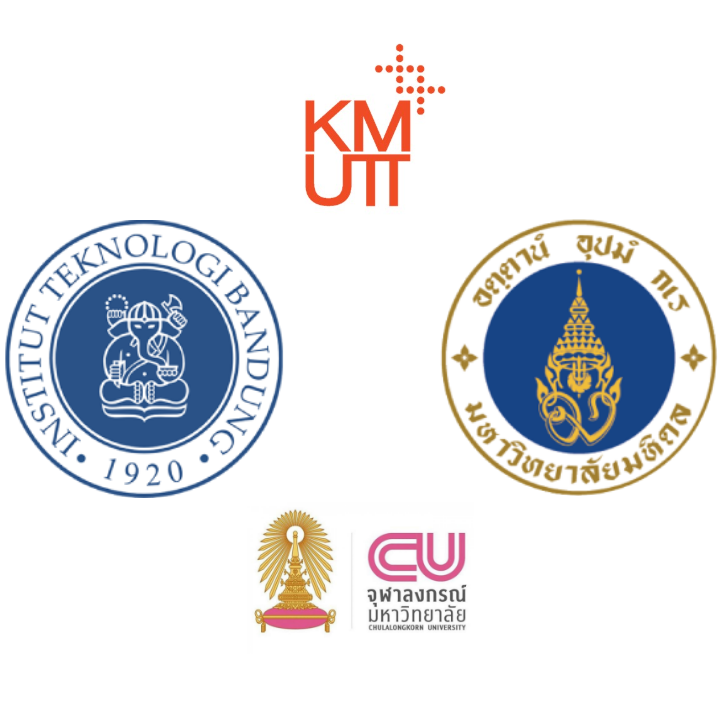


 Japanese
Japanese